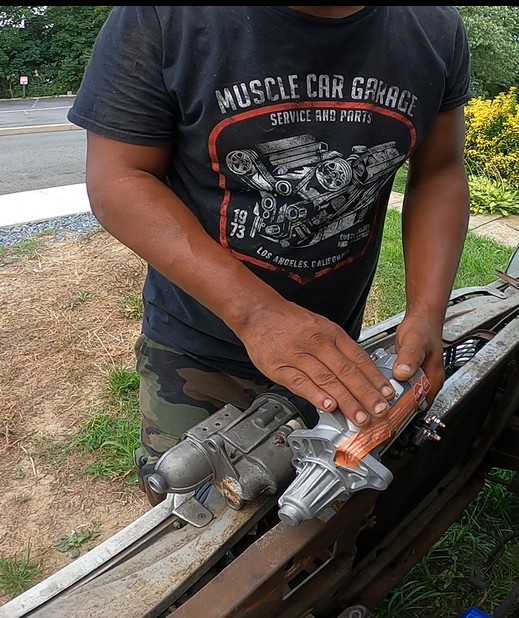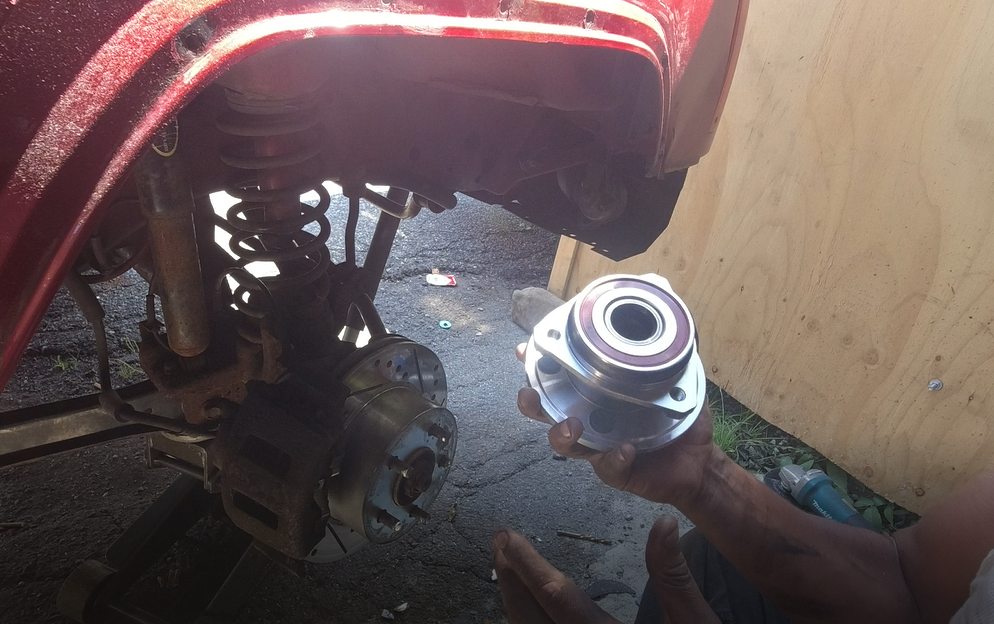
The starter on your car is responsible for providing the initial power to get your engine running. It is an electric motor that is connected to your battery and turns over the engine when you turn the key in the ignition. Without a starter, your car would not be able to start.
When you turn the key in the ignition, it sends a signal to the starter relay. The starter relay is a switch that is located in the starter solenoid. The starter solenoid is a device that uses electromagnetic force to close the circuit between the battery and the starter motor. When the circuit is closed, it allows current to flow from the battery to the starter motor. This current flows through the windings of the starter motor, which creates a magnetic field. The magnetic field interacts with the armature, or the rotating part of the starter motor. This interaction between the magnetic field and the armature causes the starter motor to rotate. As the starter motor rotates, it turns the engine over, which starts your car.
If your starter begins to fail, you may notice that it is taking longer for your car to start or that it is not starting at all. If you notice either of these issues, it is important to check your starter. A failing starter can cause major problems for your car and should be fixed as soon as possible.
The starter should be checked regularly as part of your car's maintenance. If it is not working properly, it can cause damage to your engine and other parts of your car.
A bad starter can lead to a number of engine problems such as stalling, misfiring, and decreased fuel efficiency.
There are a few things that can cause your starter to fail. One common issue is a dead battery. If your battery does not have enough power, it will not be able to provide the starter with the power it needs to turn over the engine. Another common issue is a bad connection between the battery and the starter. This can be caused by corroded terminals or loose wires.
quulkg






